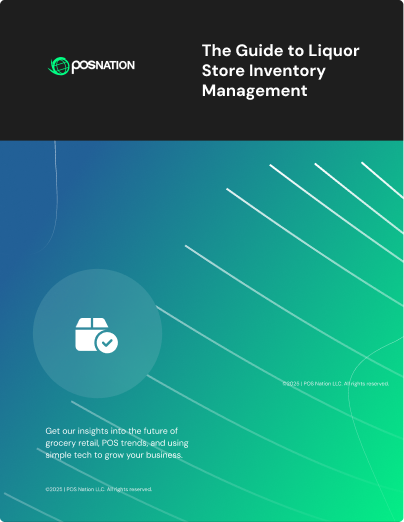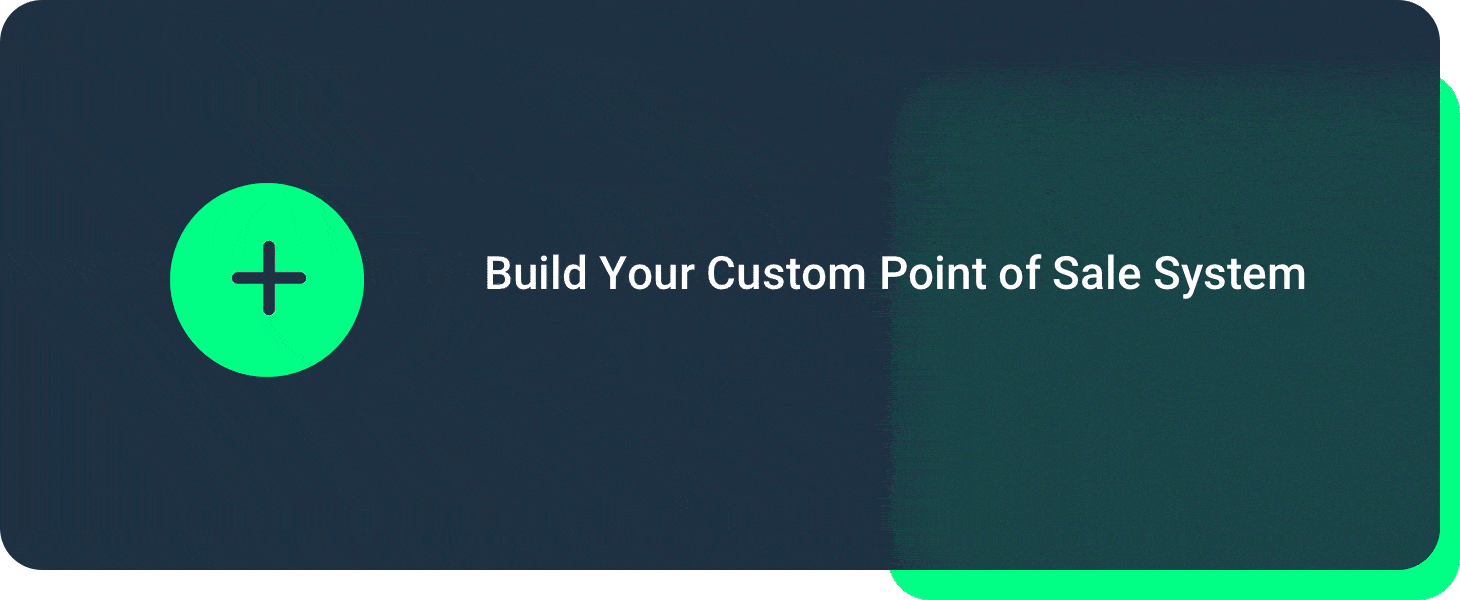With the rapid rise of e-commerce, you might be wondering if it’s worth having a brick-and-mortar store.
E-commerce grew 31.8 percent in 2020. Of course, it doesn’t tell the whole story; 2020 was the year of the pandemic, and consumers were forced online. In 2021, however, brick-and-mortar stores grew faster than e-commerce for the first time; 18.5 percent against e-commerce growth of 14.2 percent.
What does this tell us?
Consumers still like to shop in physical stores. They get an experience that they can’t get online. We’re not suggesting that e-commerce isn’t the right way to go. We just want you to have all the facts.
This article highlights the pros and cons of brick-and-mortar vs. e-commerce stores so you can make the best decision for your business.
Brick-and-Mortar vs. E-Commerce
The difference between brick-and-mortar and e-commerce is obvious. One is a physical location, the other an online store. But actually, the lines are starting to blur. Many physical stores require an online presence to stay relevant and provide a consistent brand experience.
Both need traffic to thrive. Brick-and-mortar stores need footfall, and with the rising number of people working from home, will footfall reach the same levels it used to?
Online stores also need traffic; stores need to drive consumers to their websites and provide a shopping experience that entices people to buy.
How can you decide if you want to open a physical or online store? The true answer is: It depends. You have to dig deeper than statistics and look at your customers. Who do you want to serve?
From a high level, younger, tech-savvy, and busy professionals might prefer the convenience of online shopping. The older demographic might want a more engaging human experience. Take your time to figure out what type of store you want to open.
In the meantime, let’s look at the pros and cons of each so you have a complete picture.
What Is a Brick-and-Mortar Store?
A brick-and-mortar store is a traditional business that offers products face-to-face to its customers. There are several types, including convenience stores, grocery stores, specialty stores that sell liquor and tobacco, and retail stores.
Pros
Brick-and-mortar stores provide an in-person shopping experience. Customers can speak with employees face-to-face and ask questions about products. Consumers can try on clothes, sample physical goods, and, using the example of a tobacco store, take advantage of a cafe or smoking room.
Customer service can help to increase sales and improve customer satisfaction. If a customer has issues with an online store, they’ll need to send an email, fill out a form, or call customer service. In-store, they can air their problems to a person and hopefully find a resolution. This is backed up by research — 86 percent of customers will pay more for a product if they have received excellent customer service.
Lastly, there’s a trust element. Among Baby Boomers and older generations, online commerce presents an increased risk of internet fraud, while a physical presence when making payments feels safer than entering card details online.
Cons
One of the most significant drawbacks of brick-and-mortar stores is their reliance on location. Your store needs a location with heavy foot traffic — and high-traffic, downtown/Main Street/inner-city areas come at a premium. Fixed costs present a challenge, too.
Aside from back end operations, you’ll need to pay rent and monthly fees for services such as security systems and electricity to power machinery. Variable costs also present a challenge. When you need to increase hours of operation around the holidays, for example, you’ll need to factor in increased hourly wages.
There’s also a convenience element. Some modern families have both adults working and find it hard to make time to visit stores. With commuting time, traffic, parking, and congestion, the experience before consumers set foot in your store is already stressful.
Add checkout lines to the equation, and you can see why it seems more convenient to shop online where there’s usually wider stock availability.
What Is an E-Commerce Store?
An e-commerce store is a business model where goods are bought and sold over the internet. There are various types of e-commerce stores, and some overlap with physical stores such as retail, wholesale, and home delivery grocery stores.
In the digital economy, web-based retailers like Amazon benefit from lower operating costs and provide customers with flexibility, same-day delivery, and a wider availability of products.
Pros
Convenience is the biggest draw of online shopping. Customers can shop online using desktop computers, laptops, tablets, or smartphones. And they can do it at any time of the day. They don’t need to drive anywhere or wait in line to make a purchase, and payments are easy.
Order fulfillment and return policies have become more manageable. Many retailers offer quick delivery and simple returns by providing labels for free return shipping.
Online retailers offer an excellent customer experience by providing links to product information, instructions, and easy-to-consume video demonstrations. Users can rate products or leave reviews, which makes it easier for new customers to make a purchase and trust that they’re getting good value.
Lastly, instead of walking from store to store to find the item they’re looking for, customers can visit multiple online shops, search for products, and find the best price. There are websites and blogs dedicated to price and product comparisons, making research easy.
Cons
Although convenience is a big draw, online shopping becomes less convenient if there are shipping problems and delays. Products can easily get lost or damaged, and delivery companies might not treat products with care.
The shopping experience is less interactive, and there’s a lack of sales assistance. Instead of talking to a shop employee face-to-face, you might have to communicate via chatbot, email, or by filling out a form.
The main concern with online shopping is the rise in online fraud. Cybercriminals are finding new ways to force customers to part with their money. Customers need to be aware of credit card scams, phishing, identity theft, and buying fake products. Most online stores are investing in new ways to make fraud more challenging, but some criminals find ways to manipulate the system.
Omnichannel: The Best of Both Worlds
Omnichannel shopping is a hallmark of changing preferences and the fast-moving world of retail. It has the potential to enhance the customer relationship with your brand. Customers can search for a product on your e-commerce site, compare prices, and place orders. They can then come to your store to collect items through BOPIS (buy-online-pickup-in-store) initiatives.
You can serve multiple demographics with an omnichannel presence by engaging customers of all generations with unique shopping habits and preferences. You might create memorable experiences that shoppers can’t get online and use your store layout to encourage impulse buys and bundle products together.
You can gather real-time data about shopping trends to inform buying habits and link to inventory data to ensure you have products in stock, as well as track customer preferences and suggest related items they can purchase online or in-store.
Customers now expect brand consistency across multiple channels. Easy online shopping combined with face-to-face interactions promotes customer loyalty. You can use email marketing and social platforms to offer rewards, coupons, and gift cards to spend in your store.
Brick-and-Mortar vs. E-Commerce: Better Together
Customers looking for a unified shopping experience appreciate the convenience of online shopping with the option of picking up their purchases in-store. A robust point of sale (POS) system offers the ability to manage inventory across multiple channels and stores, making the shopping experience better for customers.
There are other benefits a POS system provides:
- Vendor management and communication
- Stock visibility across all stores
- BOPIS
- Loyalty programs that work across both brick-and-mortar and e-commerce stores
- Streamlined checkout processes and the capability of accepting various payment methods
POS Nation offers a point of sale solution that can support your small business in both its brick-and-mortar and e-commerce efforts. From software and hardware to onboarding and customer support, you’ll have everything you need to employ an omnichannel strategy.
For a customizable POS system, try our Build & Price tool today!





